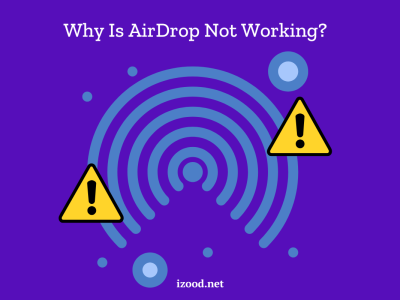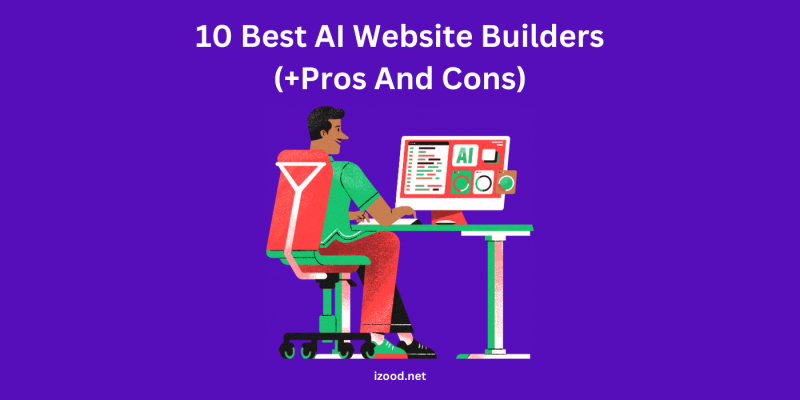
In the fast-evolving world of web development, AI website builders have emerged as groundbreaking tools that simplify the website creation process. These platforms leverage artificial intelligence to offer a streamlined, intuitive, and faster building experience. Whether you’re a professional looking to efficiently deploy multiple sites or a beginner aiming to create your first online presence, AI website builders can significantly reduce the complexity and time involved.
Why Use an AI Website Builder?
AI website builders leverage advanced algorithms to offer tailored design suggestions, smart content, and efficient site management, which drastically cuts down development time and costs. They are the perfect blend of convenience, efficiency, and innovation.
Advantages of AI-Powered Website Builders:
- Rapid Deployment: Launch functional websites quickly.
- Cost-Effective: Minimize the need for extensive coding or design expertise.
- Customizable: Easily tailor sites to fit your brand and aesthetic preferences.
- Scalable Solutions: Grow and adapt your site as your business evolves.
What Makes AI Website Builders Stand Out?
AI website builders stand out because they automate many of the tasks traditionally associated with web design. From layout selection to SEO optimization, these tools use machine learning algorithms to provide personalized recommendations based on your specific needs.
Key Features to Look For:
- Ease of Use: How simple is the builder to operate for someone with minimal technical background?
- Customization: Does it offer enough options to create a unique and functional website?
- Integration: Can it seamlessly integrate with other tools and platforms?
- Scalability: Will it accommodate your growing business needs?
10 best ai website builder
When it comes to selecting the best AI website builder, various factors such as usability, design capabilities, integration options, and cost-effectiveness play critical roles. Here’s an enhanced look at the top 10 AI website builders that stand out in the market today:
1. Wix ADI – Best Overall for Beginners and Professionals Alike
Wix ADI (Artificial Design Intelligence) is renowned for transforming basic user inputs into fully functional websites quickly. It excels in creating websites that are visually appealing and highly functional without requiring users to have any coding knowledge.
Pros:
- Extensive customization with a vast library of templates and images.
- Supports complex e-commerce setups with advanced sales features.
- Robust app market to extend website functionality.
Cons:
- Limited flexibility in switching themes after initial setup.
- The free version displays Wix ads, which may affect professionalism.
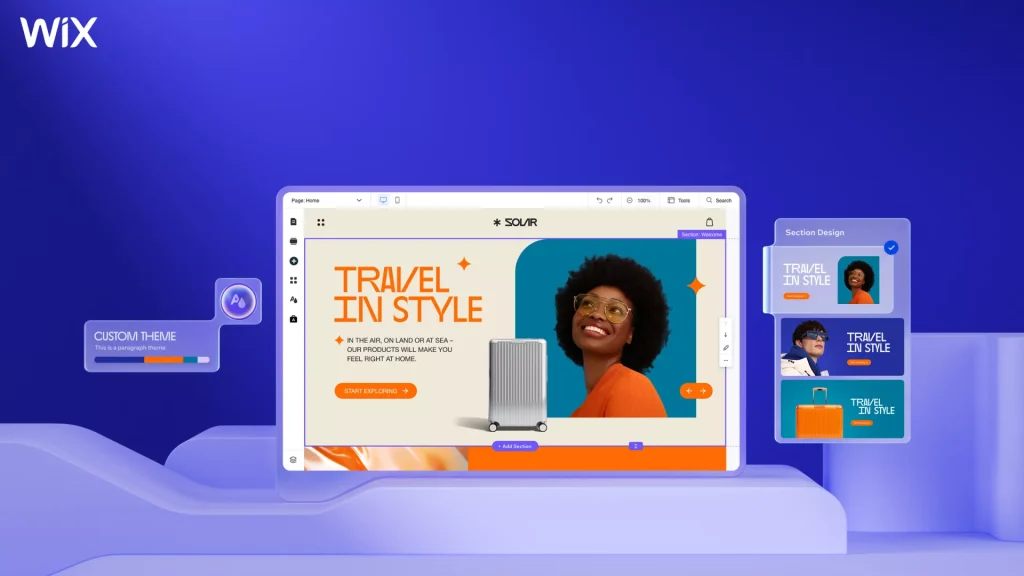
2. Squarespace – Best for Design-Conscious Users
Squarespace is favored for its superior design aesthetics and is ideal for creatives such as photographers, artists, and bloggers who prioritize the visual impact of their website.
Pros:
- Award-winning design templates that are responsive and customizable.
- Built-in SEO tools and comprehensive analytics dashboard.
- Excellent customer support including 24/7 live chat.
Cons:
- Pricier than some competitors, especially for e-commerce features.
- Not the most intuitive for users unfamiliar with web design.

3. Zyro – Quickest Setup
Zyro is designed to get your website up and running in the shortest amount of time possible, with intuitive tools powered by AI, making it perfect for beginners or those in need of a quick deployment.
Pros:
- AI tools for content generation and image editing.
- Extremely competitive pricing with frequent discounts.
- Lightweight interface promotes fast loading times.
Cons:
- E-commerce features are somewhat basic.
- Template and design flexibility are limited compared to more robust platforms.
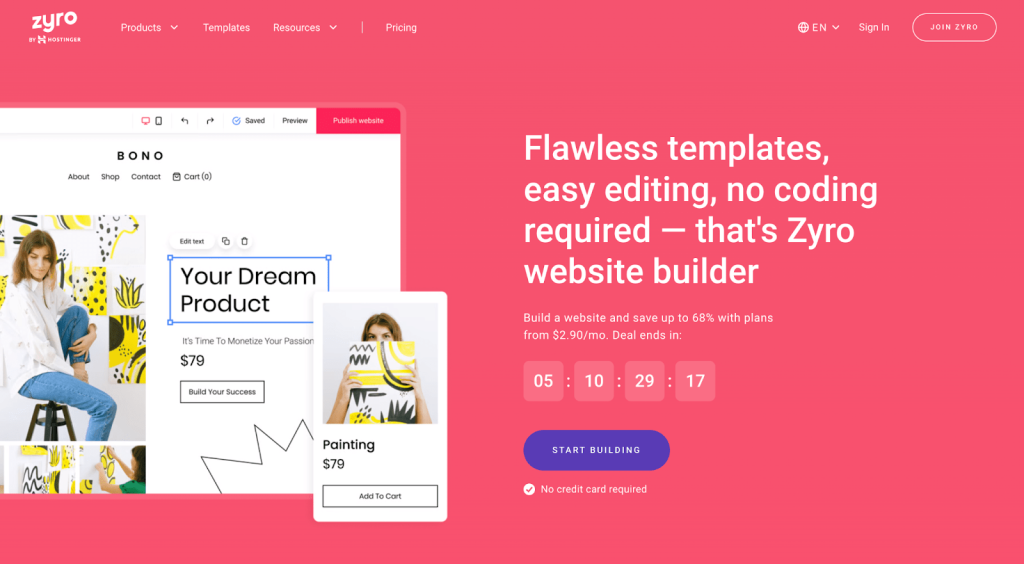
4. Bookmark – Most Innovative AI Features
Bookmark’s AIDA tool helps create a unique site in minutes by learning about your business needs through a series of simple questions, making it stand out for its AI-driven approach to web design.
Pros:
- Focus on e-commerce with specialized tools for online selling.
- User education through free webinars and extensive documentation.
- Offers a global CDN for faster site loading worldwide.
Cons:
- Limited third-party integrations.
- Some users may find customization options lacking depth.
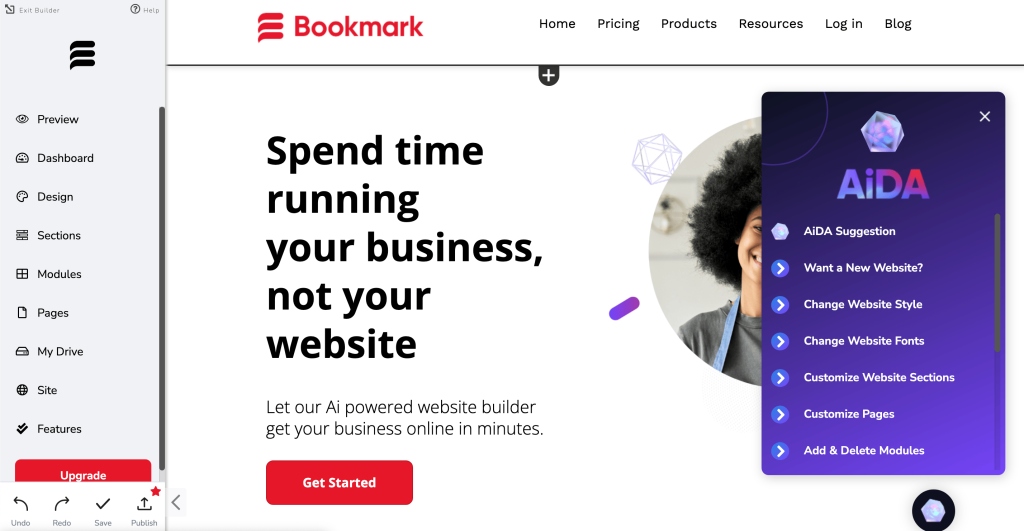
5. GoDaddy Website Builder – Best for Integrated Marketing
GoDaddy offers an AI-powered website builder that’s particularly strong in integrating marketing tools, making it a great choice for businesses looking to promote their services or products effectively.
Pros:
- Simple interface with guided setup.
- Strong marketing features, including email marketing and SEO tools.
- Reliable customer support and vast domain management options.
Cons:
- Websites can look somewhat generic without significant customization.
- E-commerce plans are more expensive than basic site plans.
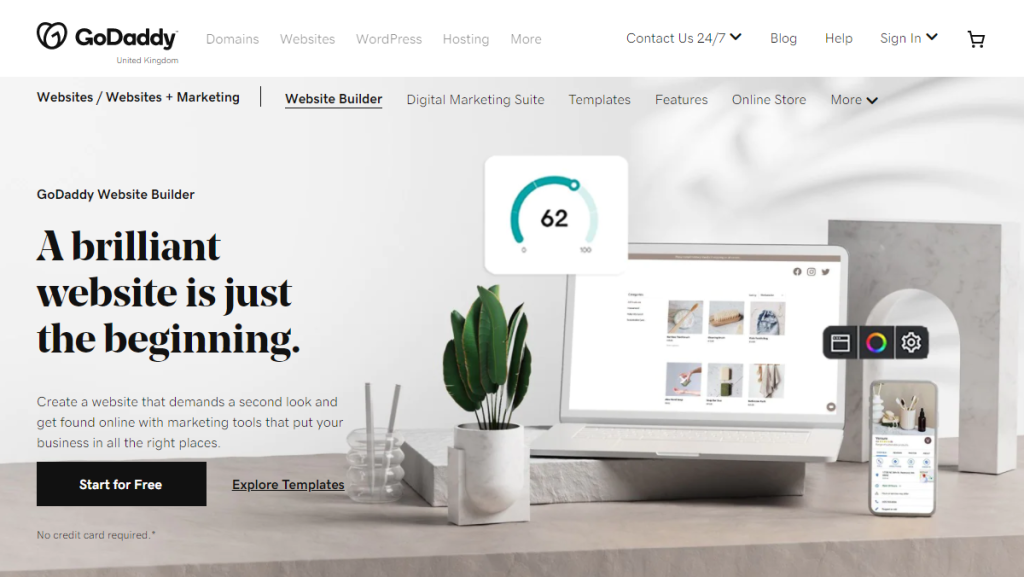
6. Jimdo – Best for European Markets
Jimdo uses AI to streamline the entire website building process, making it ideal for users who want to go live quickly. It is particularly popular in Europe, with strong language support and local SEO capabilities.
Pros:
- Quick setup with Dolphin AI editor.
- Affordable plans with transparent pricing.
- GDPR compliance and features tailored for European users.
Cons:
- Limited design and layout choices.
- Fewer features for complex site requirements.
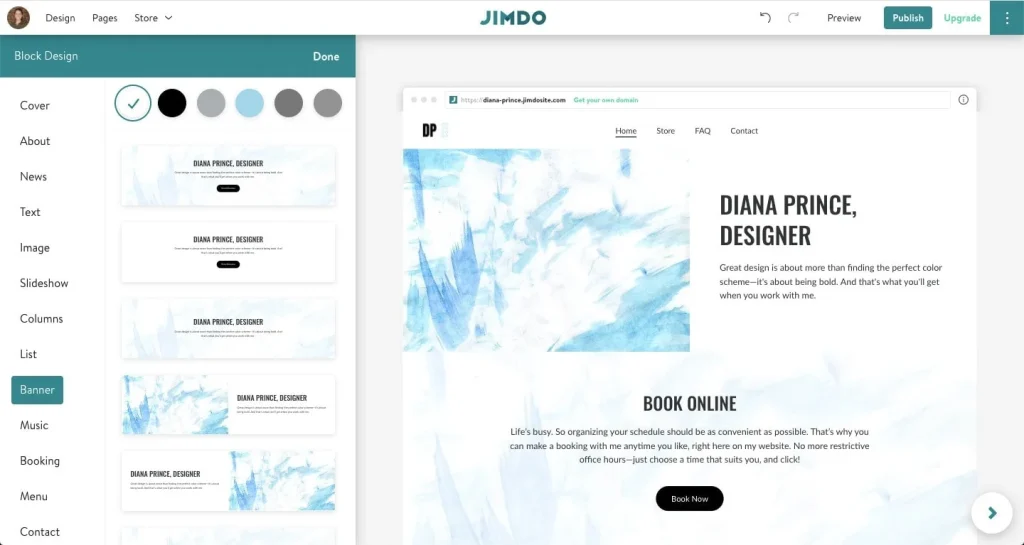
7. Webnode – Top Choice for Multilingual Websites
Webnode excels in creating multilingual sites, offering an easy solution for businesses looking to reach international audiences without the hassle of complex setups.
Pros:
- Supports over 20 languages.
- Simple to use with no technical skills required.
- Cost-effective with a generous free plan.
Cons:
- Basic design templates.
- Limited SEO and marketing tools compared to competitors.
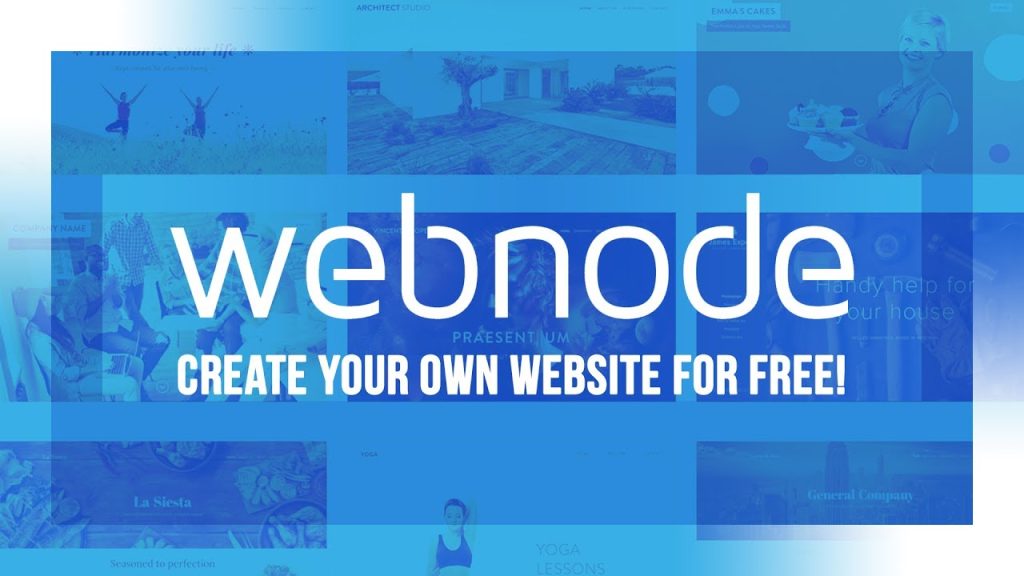
8. Duda – Premier Pick for Design Professionals
Duda is tailored for web design professionals and agencies that need powerful, collaborative tools to create high-quality, scalable websites.
Pros:
- Rich in features with strong focus on responsive design.
- Collaboration tools for teams, including client management features.
- Extensive widget and app integrations for enhanced functionality.
Cons:
- Higher cost structure can be prohibitive for small businesses.
- May have a steeper learning curve due to advanced features.
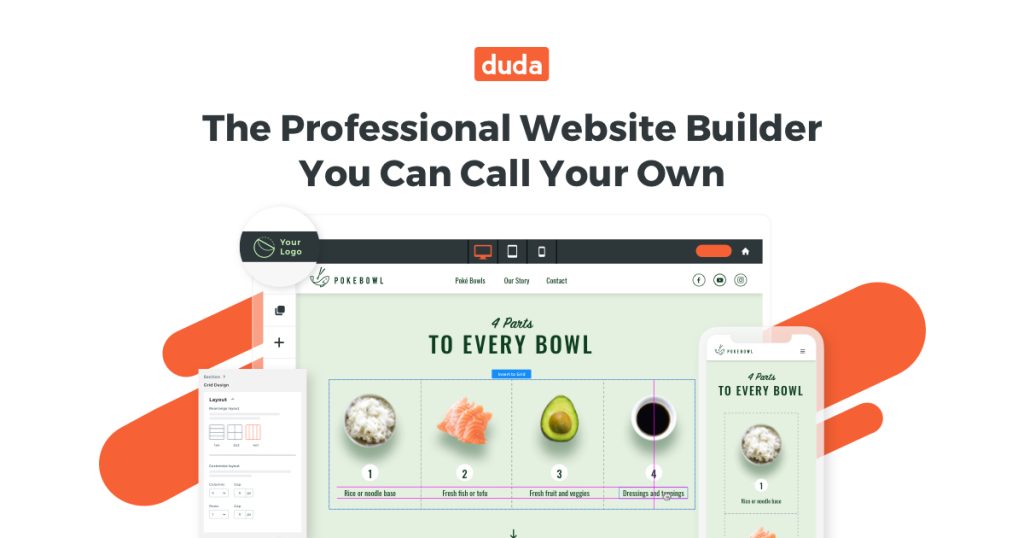
9. Builder.ai – Best for Custom Software Development
Builder.ai goes beyond traditional website building by allowing users to also develop custom software applications without coding, leveraging AI to streamline the process.
Pros:
- Versatile platform suitable for building both websites and apps.
- No coding knowledge required with AI handling much of the development.
- Scalable solutions with robust support options.
Cons:
- Higher cost due to the advanced nature of the platform.
- More suitable for medium to large enterprises or complex projects.
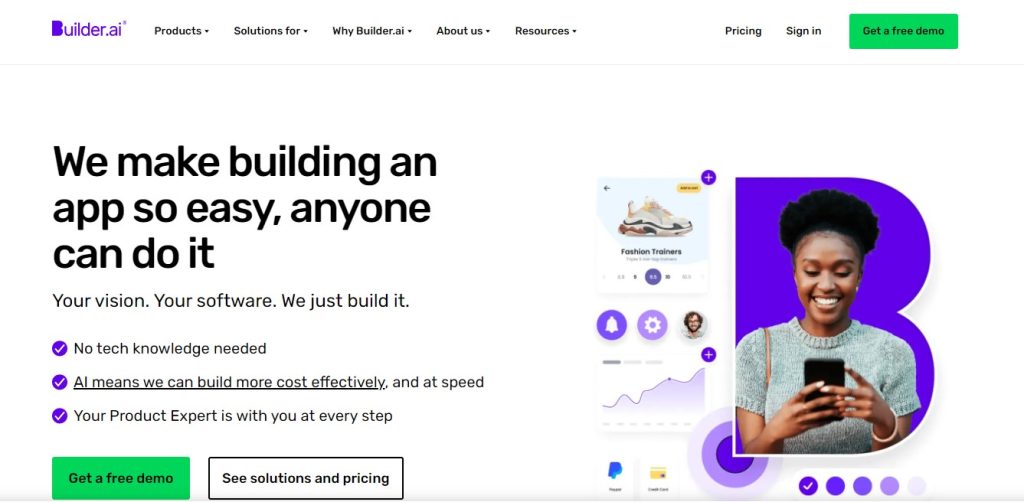
10. Shopify AI – Ultimate E-commerce Solution
Shopify integrates AI to optimize your online store for higher conversions and improved customer interactions, making it the top choice for retailers.
Pros:
- Advanced e-commerce features including inventory management and sales analytics.
- Wide range of themes and customizable design options.
- Strong app ecosystem for extending store capabilities.
Cons:
- Primarily focused on e-commerce, may be overkill for basic sites.
- Costs can escalate with additional apps and premium features.
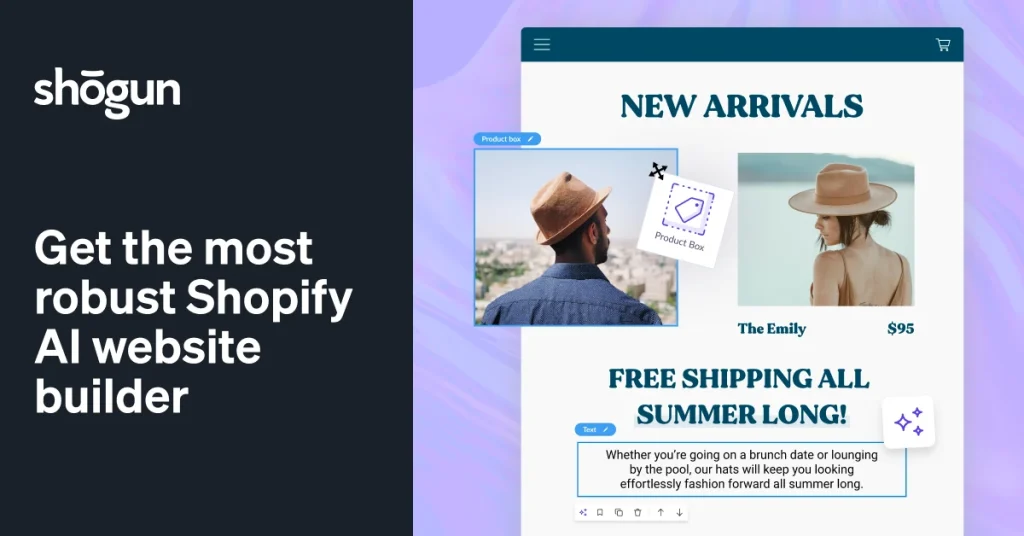
Each of these AI website builders offers unique features and advantages tailored to different types of users, from absolute beginners to professional designers and large businesses. By understanding the specific strengths and limitations of each platform, you can choose the one that best fits your needs and goals.
Integrating Your AI Website Builder with Other Tools
One of the most compelling features of modern AI website builders is their ability to integrate seamlessly with a broad array of digital tools and applications. This interoperability is crucial for enhancing the functionality of your website, automating workflows, and improving the overall user experience. Here’s a closer look at how AI website builders can connect with other systems and the benefits these integrations offer.
Enhancing Website Functionality with Plugins and APIs
AI website builders typically support a wide range of plugins and APIs, allowing you to add advanced functionalities to your site without any manual coding. For instance, you can integrate e-commerce platforms to manage inventory and sales, social media feeds to enhance user engagement, or customer support chatbots to provide real-time assistance. These integrations are usually straightforward, involving simple plugin installations or dragging and dropping interface elements.
Automation of Routine Tasks
By integrating your AI website builder with tools like Zapier or IFTTT, you can automate routine tasks and streamline operations. For example, you can set up automations to sync new user sign-ups from your website directly to your email marketing platform or CRM. This can save you considerable time and reduce the likelihood of errors associated with manual data entry.
Data Management and Analytics
Effective integration also extends to data management and analytics tools, such as Google Analytics or Tableau. By linking these tools with your AI website builder, you can track visitor behavior, monitor traffic sources, and analyze user engagement metrics. These insights are crucial for optimizing your website’s performance and improving your marketing strategies based on real-time data.
Improved User Experience through Custom Integrations
Custom integrations can significantly enhance the user experience on your website. For example, connecting your AI website builder to external databases can allow you to deliver personalized content to visitors based on their preferences or past interactions. Similarly, integration with payment gateways can facilitate a smoother checkout process, enhancing the overall customer journey on e-commerce sites.
Seamless Updates and Scalability
Integrating your website with cloud-based tools ensures that you always have access to the latest features and updates without the need for manual interventions. This not only helps in keeping your website modern and secure but also makes scaling up easier as your business grows. Whether it’s expanding your product offerings or increasing your site’s capacity to handle more traffic, these integrations facilitate a more scalable and flexible web presence.
Collaboration and Workflow Enhancement
For teams, AI website builders that integrate with collaboration tools like Slack, Microsoft Teams, or Asana can enhance workflow efficiency. These integrations allow team members to receive updates, share feedback, and manage tasks directly related to website updates and performance, all from a single platform. This can lead to better coordination and faster decision-making, especially for content updates and campaign launches.
Conclusion
Choosing an AI website builder offers a blend of accessibility, efficiency, and innovation, making it an excellent choice for anyone looking to create a new website or upgrade their existing one. By harnessing the power of AI, you can enjoy a streamlined creation process, significant cost savings, and a scalable solution that grows with your needs. Whether you’re a small business, a freelancer, or a large corporation, AI website builders can significantly enhance your ability to create and manage a professional online presence.

![How to Pause Location on Find My iPhone Without Them Knowing? [2024] 36 how to pause location on find my iphone](https://izood.net/wp-content/uploads/2024/10/How-to-Pause-Location-on-Find-My-iPhone-Without-Them-Knowing-400x300.png)

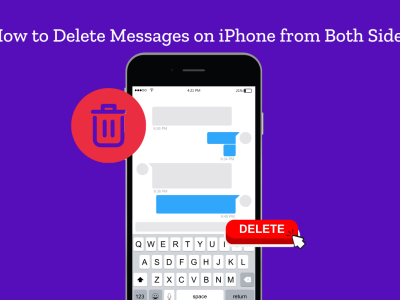
![How To Inspect Element on iPhone [4 Methods] 39 how to inspect element on iphone](https://izood.net/wp-content/uploads/2024/10/how-to-inspect-element-on-iphone-3-400x300.png)
